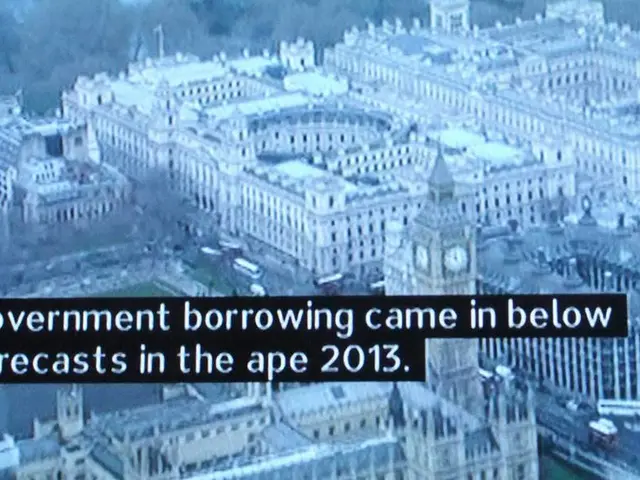Generating power through electrical means
In a joint effort by the federal and state government of NRW, as well as the city of Düsseldorf, funding is now available to help households replace old, inefficient refrigerators with energy-efficient models. The city's initial allocation, amounting to 50,000 euros, is sufficient for at least 250 new refrigerators. This initiative was approved by the committee for environmental, climate, and consumer protection.
Residents with a Düsseldorf pass who make use of the free energy-saving consultation service provided by Caritas Energy Savings Service may be eligible for a voucher. To qualify, their old refrigerator must be at least ten years old, consume significantly more than new, efficient technology (more than 200 kilowatt hours per year), and be disposed of professionally. By exchanging their energy-guzzling refrigerators for more efficient models, households can potentially save around 100 euros per year on electricity costs and achieve CO2 savings of approximately 1.5 tons over eight to ten years of use.
Environmental Commissioner Jochen Kral commented, "Efficient technology saves money and energy. We aim to help low-income households offset the increased electricity costs through this initiative." Stefan Ferber, head of environmental and consumer protection, added that the goal is to significantly increase the number of households taking advantage of the funding.
The subsidy amount varies depending on household size, with a maximum of 600 euros for households with five or more members. Each level of household size (e.g., one person, two people, etc.) is eligible for a specific amount, with the city, state, and federal government contributing roughly a third each. The Caritas also assists its clients with funds from the federal and state government of NRW, which align with the city's funding. Roland Pareik, project leader of the Caritas Energy Savings Service, noted that larger households often require larger refrigerators, which can strain tight household budgets.
The energy-saving consultation and voucher service are free and aimed at households that receive certain social benefits, have a low pension, or fall below the attachment threshold. Since 2008, more than 9,500 households in Düsseldorf have used the Caritas consultation and saved over 10 million euros in energy and water costs, as well as over 16,000 tons of CO2. Over 1,200 refrigerators have been exchanged so far.
Details about the effectiveness of this specific refrigerator replacement program in reducing electricity costs and CO2 emissions, as well as eligibility criteria for households to participate, can be obtained by contacting local authorities or organizations in Düsseldorf responsible for environmental or energy initiatives.
- This Düsseldorf refrigerator replacement initiative, backed by the federal and state government of NRW, aims to help households save money and energy by exchanging old, inefficient refrigerators with energy-efficient models.
- Environmental Commissioner Jochen Kral emphasizes that efficient technology not only saves energy but also money, especially for low-income households.
- Stefan Ferber, head of environmental and consumer protection, highlights the goal of significantly increasing the number of households taking advantage of the funding for efficient refrigerator replacements.
- The Caritas Energy Savings Service, with funding from the federal and state government of NRW, assists households in qualifying for vouchers to replace their old refrigerators with energy-efficient models.
- Households with a Düsseldorf pass that utilize the free energy-saving consultation provided by Caritas Energy Savings Service may be eligible for a voucher, provided their old refrigerator meets specific criteria.
- The energy-saving consultation and voucher service provided by Caritas are free and available to households receiving certain social benefits, having a low pension, or falling below the attachment threshold.
- The policy and legislation surrounding this refrigerator replacement program, including eligibility criteria and its impact on reducing electricity costs and CO2 emissions, can be obtained by contacting local authorities or organizations in Düsseldorf responsible for environmental or energy initiatives.







